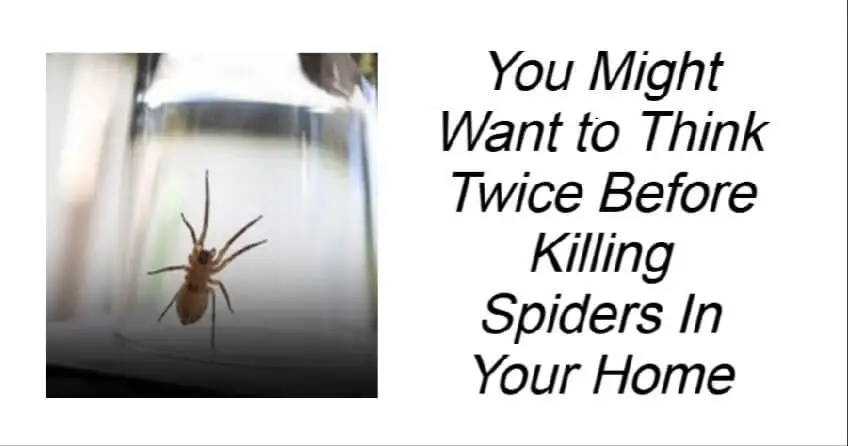Why You Shouldn’t Squash That Spider: Safe Alternatives for Handling Spiders in Your Home
When you spot a spider scurrying across the floor, it’s natural to feel a rush of fear. Many people’s first instinct is to grab a shoe or a newspaper and squash it, hoping to avoid the creepy-crawly creature. But before you act, there are some important things to consider. While spiders may seem frightening, they actually play a valuable role in your home ecosystem. Here’s why you should think twice before killing a spider and some safe alternatives for removing them.
The Truth About Spiders in the UK
In the UK, most spiders are harmless. Of the more than 650 species of spiders found in the country, only a handful are venomous, and even fewer are capable of causing serious harm. In fact, only 12 species have venom strong enough to significantly affect humans, and these are extremely rare.
It’s important to remember that spiders are far more scared of us than we are of them. They don’t seek to harm people and will only bite as a last resort, typically when they feel trapped or threatened. Most spiders are calm by nature, and bites generally occur when they are accidentally disturbed or crushed.
The Risks of Squashing a Spider
While squashing a spider might feel like an immediate solution to your fear, it can have unintended consequences. Killing a spider doesn’t solve the issue—it only eliminates one spider temporarily. Spiders are excellent hunters, and by removing one, you may be opening the door for other pests to move in.
Spiders are natural predators of common household pests like cockroaches, earwigs, mosquitoes, and clothes moths. By getting rid of the spiders, you could inadvertently invite more bugs into your home. In fact, spiders help regulate the insect population by eating other pests, so by removing them, you may actually encourage the very problem you’re trying to avoid. Interestingly, spiders can even eat each other, so eliminating them entirely might lead to a vacuum that other, less welcome critters will quickly fill.
Understanding Spider Bites
It’s also worth noting that while almost all spiders have venom, the vast majority of bites are not harmful to humans. In most cases, a spider’s fangs aren’t strong enough to break through human skin, meaning their venom doesn’t have an opportunity to inject. As a result, most bites are harmless and cause little to no irritation.
However, if you do get bitten, the reaction is often similar to a mild insect sting, with swelling, redness, and itching. Only a few species, like the false widow spider, can pose a more serious risk, but even then, bites are rare and usually only occur when the spider feels cornered.
Safe and Humane Ways to Remove Spiders
If you don’t want to share your space with a spider but don’t want to kill it either, there are several safe and humane methods to remove it from your home.
1. The Jar and Paper Trick
One of the easiest and safest ways to relocate a spider is to carefully trap it in a glass jar or cup. Gently slide a piece of paper or cardboard underneath the jar to lift the spider, then carefully carry it outside and release it. This method is quick, easy, and ensures the spider is unharmed.
2. Use a Spider Catcher
There are several spider-catching tools available on the market designed specifically for this purpose. These devices typically feature long handles with soft bristles at the end that allow you to catch and safely relocate the spider without coming into direct contact with it.
3. Create a Barrier
If you notice spiders are frequenting certain areas of your home, it might be helpful to inspect your space for potential entry points. Seal cracks around windows, doors, and the foundation to prevent more spiders from getting in. Using natural deterrents like essential oils (e.g., peppermint or eucalyptus) can also help keep spiders away.
Why Spiders Are Beneficial
Besides controlling the population of other pests, spiders also help maintain the ecological balance in your home. Their webs capture dust, dirt, and even airborne allergens, which can improve indoor air quality. By leaving spiders in place or relocating them gently, you’re actually benefiting from their natural pest control services.
Conclusion: Embrace a Spider-Friendly Home
Next time you spot a spider in your home, try to resist the urge to squish it. Instead, consider the benefits spiders provide and remove them safely and humanely. After all, these misunderstood creatures are more likely to run away from you than attack you, and they play an important role in keeping your home free of pests.
By using gentle methods to relocate spiders, you can coexist peacefully with these fascinating creatures while maintaining a bug-free home.

